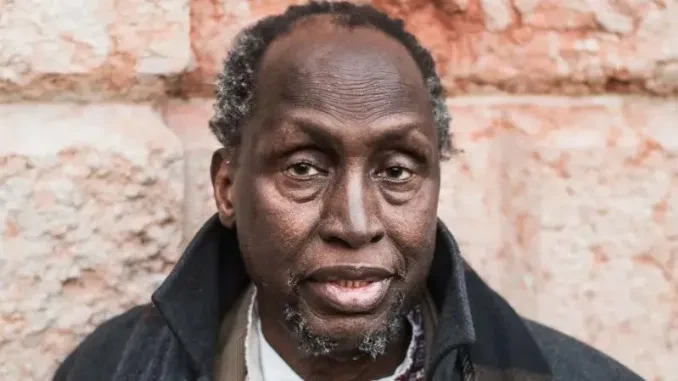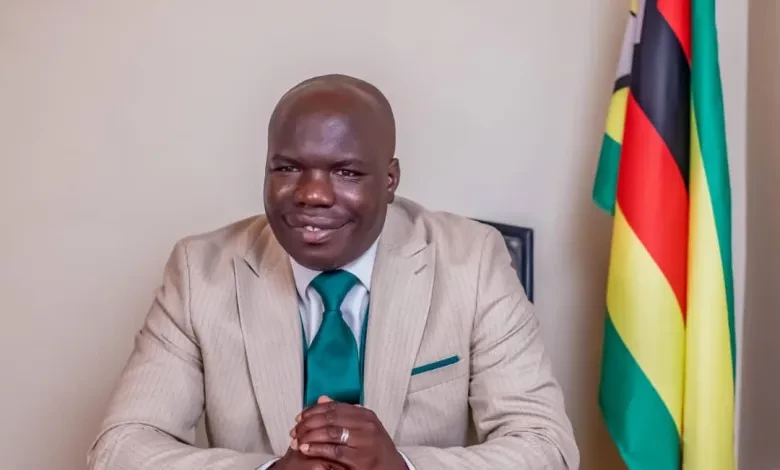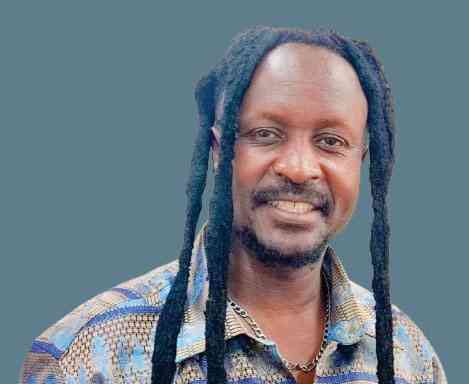
The late African literary giant Ngugi wa Thiong’o , who passed on at the age of 87 last week was not just an ordinary writer, but a titanic architect of consciousness and a revolutionary Pan-African wordsmith who took the raw ore of our silenced histories and experiences and forged them into narratives we proudly celebrate today. Ngugi did not merely tell African stories but built the very foundation upon which authentic African narratives could rise, breath and declare their sovereignty to the world.
Announcing his death on Facebook last Wednesday, his daughter Wanjiku wa Ngugi stated: It is with heavy heart that we announce the passing of our dad,Ngugi wa Thiong’o and added that her dad had “lived a full life,fought a good fight”.
Born James Ngugi in colonial Kenya, his early masterpieces like Weep Not, Child and A Grain of Wheat written in English were already seismic. These pieces cracked open the colonial façade, exposing the brutal realities of oppression and the complex, often painful, birth pangs of independence with psychological depth and human resonance that demanded global attention. The literary giant placed him home country Kenya and his continent Africa onto the World literary map.
Interestingly, it was Ngugi’s true, monumental contribution which began with a profound act of defiance, a rejection of the very language that carried the weight of his early acclaim. His imprisonment in 1977 for co-creating the subversive I Will Marry When I Want with peasants, became the anvil upon which his revolutionary vision was hammered. Within the dehumanising cells at Kamiti prison, on the stark canvas of prison issued toilet paper, he penned the famous Devis on the Cross literary piece. This was more than a novel, it was a declaration of linguistic independence, the founding stone of a new narrative edifice built in Gikuyu.
Emerging from prison, James Ngugi shed his baptismal name becoming Ngugi wa Thiongo—a symbolic rebirth. His searing manifesto, Decolonising the Mind: The Politics of Language in African Literature(1986) became the blueprint for his life’s work and a clarion call for generations.
There are many ways Ngugi transformed and placed Africa onto the world literary map.
A builder of narratives
Ngugi did not just build his own narratives, he empowered others to build theirs.
Challenging global narratives
Ngugi forced the international literary and publishing world to confront its Eurocentric biases. He demanded a reckoning with questions of power:
-Whose stories got told?
-In whose languages?
-For whose profit?
Mother tongues
Authentic African expressions, liberations and self-knowledge, Ngugi declared, demanded a return to African languages. Literature had to spring from the soil of the people’s speeches to resonate, empower and truly liberate
Language, a crucible of culture
Ngugi understood language not as a neutral tool but as the very crucible of culture, memory and worldview. Colonial languages, he argued, were instruments of a spiritual and cultural genocides severing Africans from their intellectual roots and imposing alien frameworks. To tell our own stories Ngugi believed we needed our own tongues.
Smashing the boat illusion
Ngugi dismantled the convenient lie that English was merely a boat carrying the African content. That boat he showed was laden with its own cultural cargo, inevitably distorting and subordinating the African reality it carried. True narrative power required casting off that vessel.
Ngugi wa Thiong’o lived as he wrote, “unbowed, uncompromising” — a true titan. Decades of exile, stemming from his unwavering principles, could not silence his pen or dim his revolutionary fervor. He will be remembered for his work covering the intersection between languages, culture, history and identity.
He leaves us not with an empty space, but a mighty foundation for he forged the tools and built the framework on which authentic narratives could be built. He showed us the power of our own tongues.
He leaves behind a continent whose narratives are infinitively richer, more diverse, and more authentically its own because of his courage. He leaves writers empowered to speak in their mother tongues. He leaves the readers who found their realities reflected with unprecedented depth.
*Fungayi Antony Sox is a brand consultant, literary champion, communications and publishing specialist from Harare. For feedback email him on [email protected] or contact him on +263 776 030 949.











